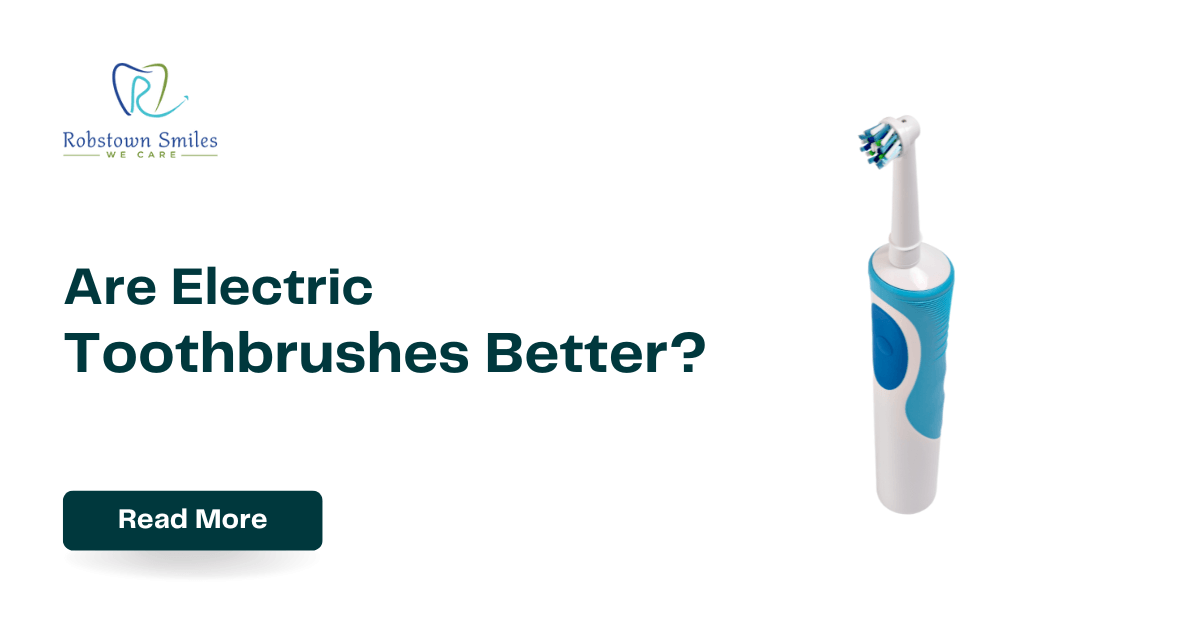Electric toothbrushes, which were created in 1954, saw a boom in the early 2000s. They’re more well-liked than ever right now. But do they genuinely affect how well your teeth are cleaned?
Actually, yes: Unlike manual toothbrushes, electric toothbrushes are typically thought to be more successful at removing plaque and maintaining clean teeth.
Manual Brushing vs Electric Toothbrush
Plaque and debris removal is the main goal of tooth brushing. However, why exactly? Plaque, a sticky film that builds up on your teeth and releases acid, can erode tooth enamel, resulting in cavities and tooth decay. Additionally, plaque can aggravate your gums and lead to gingivitis, the beginning stage of gum disease. Plaque can solidify into tartar (calculus) if it is not removed, which can only be done by a dental professional.
Electric toothbrushes use electricity to operate a tiny brush head at a high rate of speed. A rechargeable battery normally powers them. According to studies, electronic toothbrushes clean your teeth more thoroughly than manual ones, which can help prevent gum disease and cavities.
A manual toothbrush requires more labor than an electric toothbrush since you have to move the brush from tooth to tooth on your own to finish the cleaning process. Since an electric toothbrush performs the cleaning operation for you, it is advantageous for persons with limited manual dexterity.
Many of the built-in features on the electric toothbrush include timers so you can precisely track how long you’ve been brushing. Some contain sensors that measure pressure, so you can see how vigorously you’ve been brushing.
Electric and manual toothbrush prices differ significantly, with manual toothbrush prices being significantly lower. Electric toothbrushes require charging, battery replacement, and head replacement in addition to a high initial cost.
You can also read: How to Buy the Best Toothbrush?
The benefits of electric toothbrushes
Electric Toothbrushes can eliminate plaque from your teeth at a rate of thousands of strokes per minute, whereas manual toothbrushes can only move as quickly as your hand.
Specialized features: To assist you in brushing effectively and for the necessary period of time, many electric toothbrushes come equipped with timers and pressure sensors. Some provide several brushing options, which might be advantageous for those with sensitive gums or teeth.
The majority of the labour involved in brushing is done for you by electric toothbrushes, making them easier to use for persons with limited hand or dexterity mobility.
Conclusion
Not sure if you’re brushing properly? Ask your dentist at Robstown Smiles or call us at 361-933-0124 to book an appointment for advice at any time.

